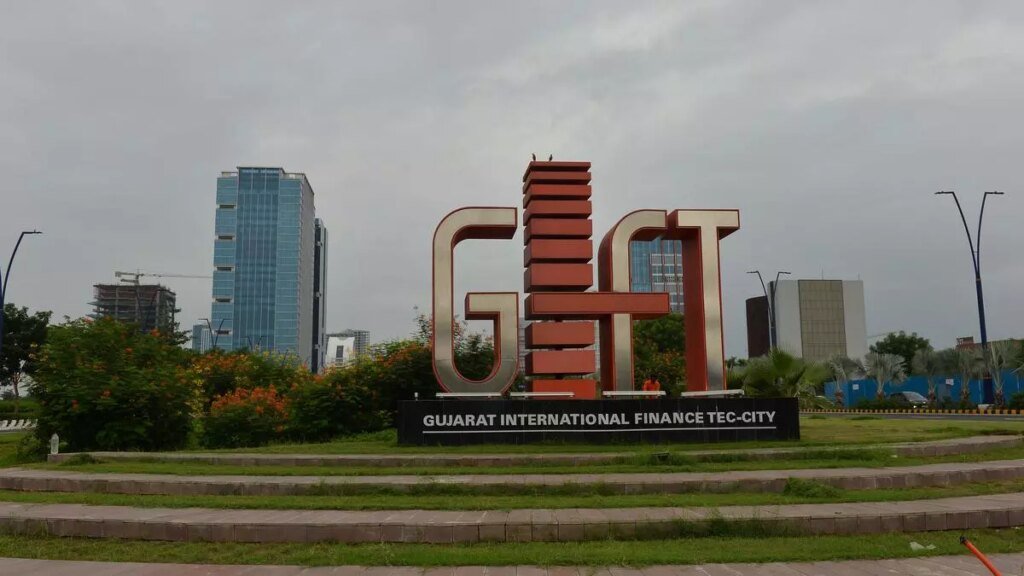Liberal norms in GIFT City, the right way forward

The Centre’s recent decision to lower the minimum public shareholding norm for listings in Gujarat International Finance Tech-City (GIFT) from 25 per cent to 10 per cent, is a welcome move. This policy change aligns with the broader objective of positioning GIFT City as a global financial hub and reflects a strategic step towards creating a “light touch” regulatory framework under the International Financial Services Centres Authority (IFSCA).
This lower public shareholding threshold applies to Indian companies that want to list only on the exchanges in the GIFT City. The reduced limit of 10 per cent applies to both the initial public offering phase and continued listing requirements for such exclusive listings. This move will not only boost the primary market activity in the GIFT IFSC but will also enable GIFT City to effectively compete with other international financial jurisdictions. In major financial centres such as New York, London, and Singapore, the minimum public shareholding required for listing is typically around 5 to 10 per cent. The IFSCA’s internal study highlighted that the 25 per cent norm was not only unique but also out of step with international practices. One of the major criticisms of the 25 per cent public shareholding norm was that it posed an onerous requirement for companies, particularly for high-growth start-ups that may not wish to dilute their ownership significantly in the initial stages. Over 100,000 start-ups registered in India under the Startup India programme can now tap the GIFT City exchanges. Start-ups domiciled in foreign jurisdictions can tap GIFT City for their listing needs.
However, under the current framework, Indian residents are not allowed to participate in GIFT City issues from an Indian issuer. Presently, only Non-Resident Indians (NRIs) and foreign investors can invest in Indian companies listed in GIFT City. This gap must be addressed by the Centre and the Reserve Bank of India. Allowing Indian residents to invest in these listings is imperative to ensure demand for these issuances. A leaf can be taken from Hong Kong which permits Chinese nationals to participate in the primary issuances in its offshore financial centre, thereby enhancing market liquidity and investor participation. By enabling investments through the Liberalised Remittance Scheme (LRS), the government can unlock a vast pool of domestic capital that could flow into Indian companies listed in GIFT City.
The decks are not yet cleared for companies already listed in India to make public issuances in the Indian offshore financial centre. SEBI will have to be careful while setting the threshold for minimum public shareholding for such issuances, while making other regulatory amendments for enabling listed companies to tap foreign investors through the GIFT City. This is to guard against stock price manipulation through promoter owned entities in foreign jurisdictions.








